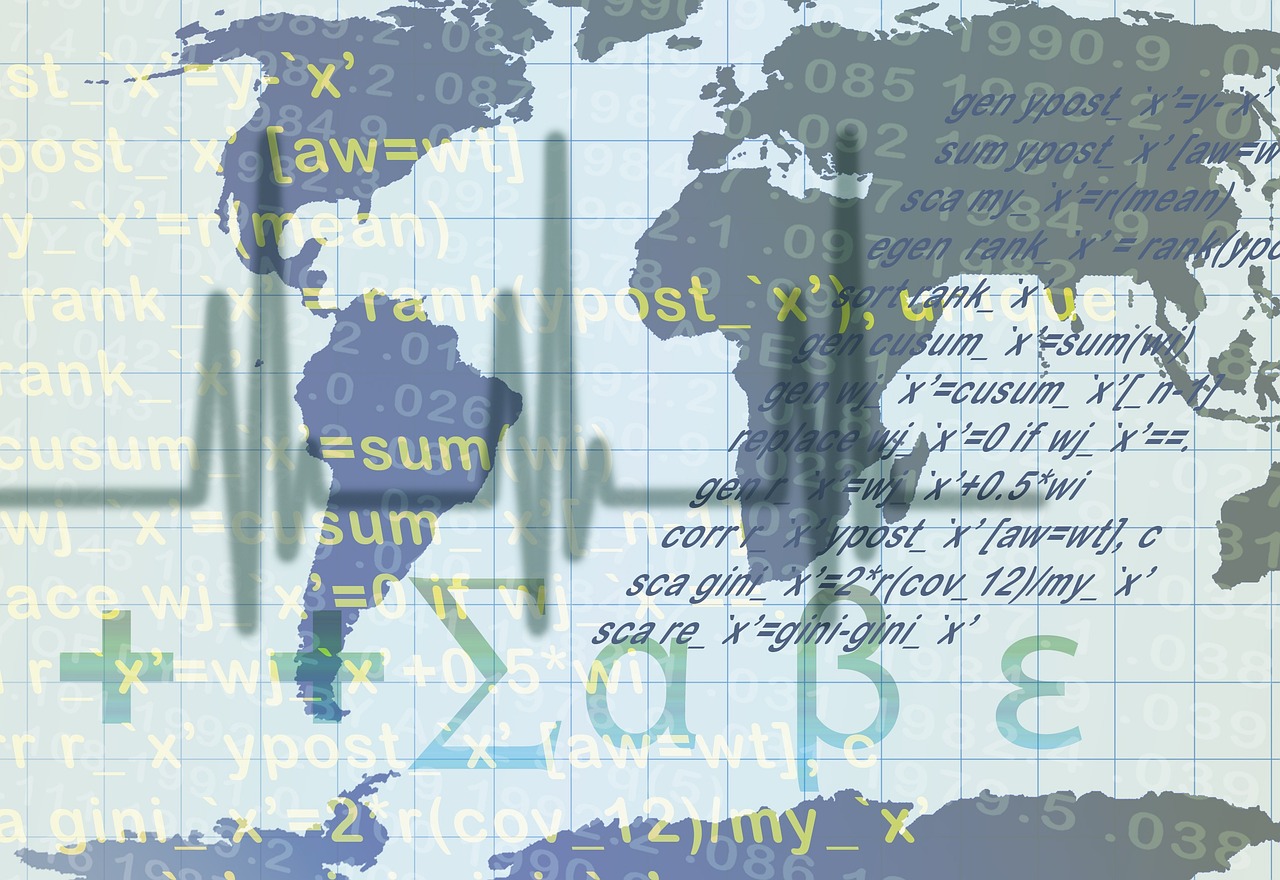
Brazil identifies five priority areas to drive the transition to a circular economy. This transition depends on the recycling of resources and is increasingly linked to climate and decarbonization agendas, particularly focusing on the intersection with the United Nations Climate Change Conference (COP30) in 2025, and the leading role of the private sector in this transformation. In the same year that Brazil hosted the United Nations Climate Change Conference for the first time, São Paulo held the first Latin American World Circular Economy Forum (WCEF) from May 13th to 16th, focusing on the potential of this regenerative model for sustainable growth.
According to Zhongjin's understanding, this year's forum focused on the bioeconomy, innovation, and the role of businesses, aiming to create a more favorable framework for the transition to a circular economy. During the event, a study released by the Brazilian Institute of Circular Economy (Ibec) and Exchange4Change Brasil (E4CB, an organization promoting the transition to a circular economy) revealed the current status of Brazil and identified five priority areas for driving this model: metals and minerals, plastics, textiles, electronic products, and energy.
Beatriz Luz, Director of the Brazilian Institute of Circular Economy and head of E4CB, stated, "This is an invitation for countries and businesses to examine their emission reduction commitments, incorporate circular principles into climate goals, and focus on fairness and sustainable development."
In the traditional linear model, resources are extracted from nature for production, and ultimately products become waste. The circular economy, on the other hand, is a closed-loop system that sustainably returns resources back into the production chain through methods like recycling and reusing waste. Therefore, sustainable design becomes crucial, aiming to achieve new regenerative production methods to minimize environmental impact.
In an interview with "EXAME," Beatriz emphasized that Brazil is experiencing a critical moment in its agenda, as the National Circular Economy Policy (PNEC) was approved by the Senate in March 2024. She noted, "This demonstrates Brazil's commitment to developing policies that can both avoid resource overexploitation and promote regenerative growth patterns."
Next is the National Circular Economy Strategy, and the National Circular Economy Plan is a product of this strategy, setting ambitious goals for the next decade to guide the industry and government in implementing cooperation. Beatriz emphasized, "This agenda is more strategic than ever before, aiming to promote economic growth, social justice, and environmental protection."
She believes that the private sector needs to approach business development with a new perspective, focusing on value definition, integrating stakeholders, and investment and return relationships.
According to a study released by the National Confederation of Industry (CNI) on Tuesday, one-sixth of Brazil's industry has implemented circular economy practices. These measures include product recovery (34%), repairing items during use (32%), and using recycled or regenerated resources in new products (30%).
The World Circular Economy Forum is organized annually by the Finnish Innovation Fund Sitra, attracting business leaders, policymakers, and experts from around the world. The ninth forum took place in São Paulo, Brazil, from May 13th to 16th, aiming to advance circular economy development, create value and job opportunities, enhance supply chain resilience, and contribute to achieving the United Nations Sustainable Development Goals.
